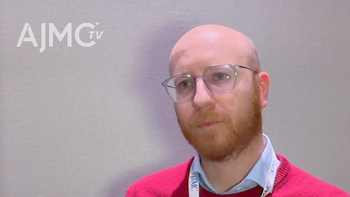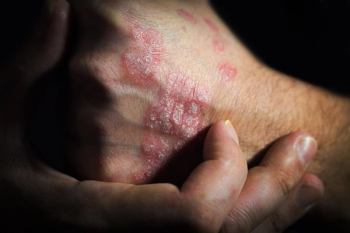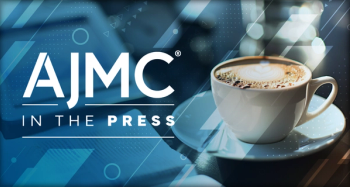
340B Eligibility Translates Into Lower Biosimilar Uptake, Study Says
The results indicate that the program could play a role in discouraging use of biosimilars in the United States.
Hospitals participating in the 340B Drug Pricing Program had lower biosimilar uptake, according to a study published this month in
The results indicate that the program could play a role in discouraging use of biosimilars in the United States.
Almost one-third of US hospitals participate in the 340B program, which is intended to help safety-net providers deliver comprehensive care and effective drugs to patients in low-income areas, although in reality the medicines can be given to a broader group of patients.
The 340B program gives eligible entities significant discounts on covered outpatient drugs by establishing a ceiling price that these entities can pay for the drugs. Eligible entities include certain public and nonprofit hospitals, federally qualified health centers, entities with certain federal grants, and outpatient clinics at eligible hospitals.
While discounts are given for the drugs themselves, administering the drugs is reimbursed by Medicare at the same rate as hospitals and providers not in the 340B program.
Private practices are not eligible—which community oncologists argue has contributed to the consolidation of oncology care to the hospital setting.
Program eligibility is set by disproportionate share hospital (DSH) percentage, a federally defined formula that accounts for the share of a hospital’s admissions for low-income patients, urban and rural classification, and number of beds. Hospitals with a DSH percentage greater than 11.75% are 340B eligible.
In this analysis, researchers analyzed filgrastim (Neupogen) and infliximab (Remicade), which are frequently given to hospital outpatients and have years of data for both the biosimilar versions and the reference products. There were 3 data sources: outpatient claims and the beneficiary summary file fee-for-service Medicare beneficiaries from 2017 to 2019; the Healthcare Cost Report Information System database; and hospital 340B participation information from the 340B Office of Pharmacy Affairs Information System.
The researchers used regression discontinuity design to estimate the impact of 340B program eligibility with biosimilar uptake.
The sample included 55,970 administrations for 6306 unique patients across outpatient departments at 593 general acute hospitals with DSH percentages within 10 percentage points of the eligibility threshold.
Researchers found significant differences between eligible and noneligible hospitals. For noneligible hospitals—those just below the threshold to participate—adjusted biosimilar use was 34.7%. Among eligible hospitals—or those just above the threshold—adjusted biosimilar use was 11.8%, translating to an adjusted discontinuity of 22.9 percentage points.
“Relative to biosimilar use just below the threshold, the discontinuity estimate implies a 66% reduction in biosimilar use associated with 340B eligibility,” the researchers wrote.
In addition, the 340B program was linked with 13.3 more biologic administrations annually per hospital (noneligible hospitals had 17.3 drug administrations and eligible hospitals had 30.6 administrations), implying a 77% increase in administrations among 340B-eligible hospitals.
As for revenue, noneligible hospitals received $23,379 in Medicare reimbursement for filgrastim and infliximab administrations compared with $41,298 for hospitals just above the 340B eligibility threshold.
The adjusted discontinuity estimate indicated that 340B eligibility was linked with a $17,919 increase in reimbursement for biologics. Relative to the reimbursement just below the threshold, the estimate implies a 77% relative increase in reimbursement.
“Our findings suggest that the program inhibited biosimilar uptake, possibly as a result of financial incentives making reference drugs more profitable than biosimilar medications," the authors wrote.
Reference
Bond AM, Dean EB, Desai SM. The role of financial incentives in biosimilar uptake in Medicare: evidence from the 340b program. Health Aff (Millwood). 2023; 42(5): 632–641. doi:10.1377/hlthaff.2022.00812
Newsletter
Stay ahead of policy, cost, and value—subscribe to AJMC for expert insights at the intersection of clinical care and health economics.
















